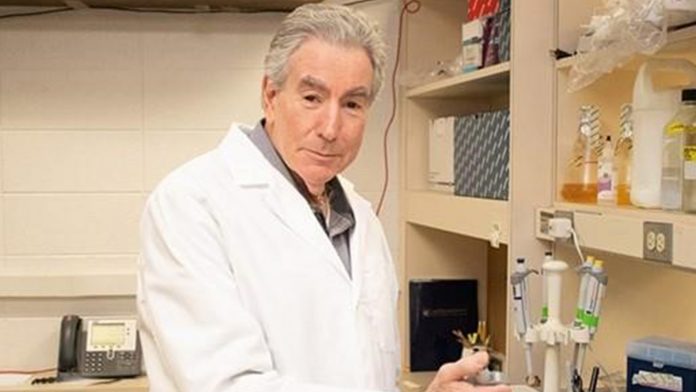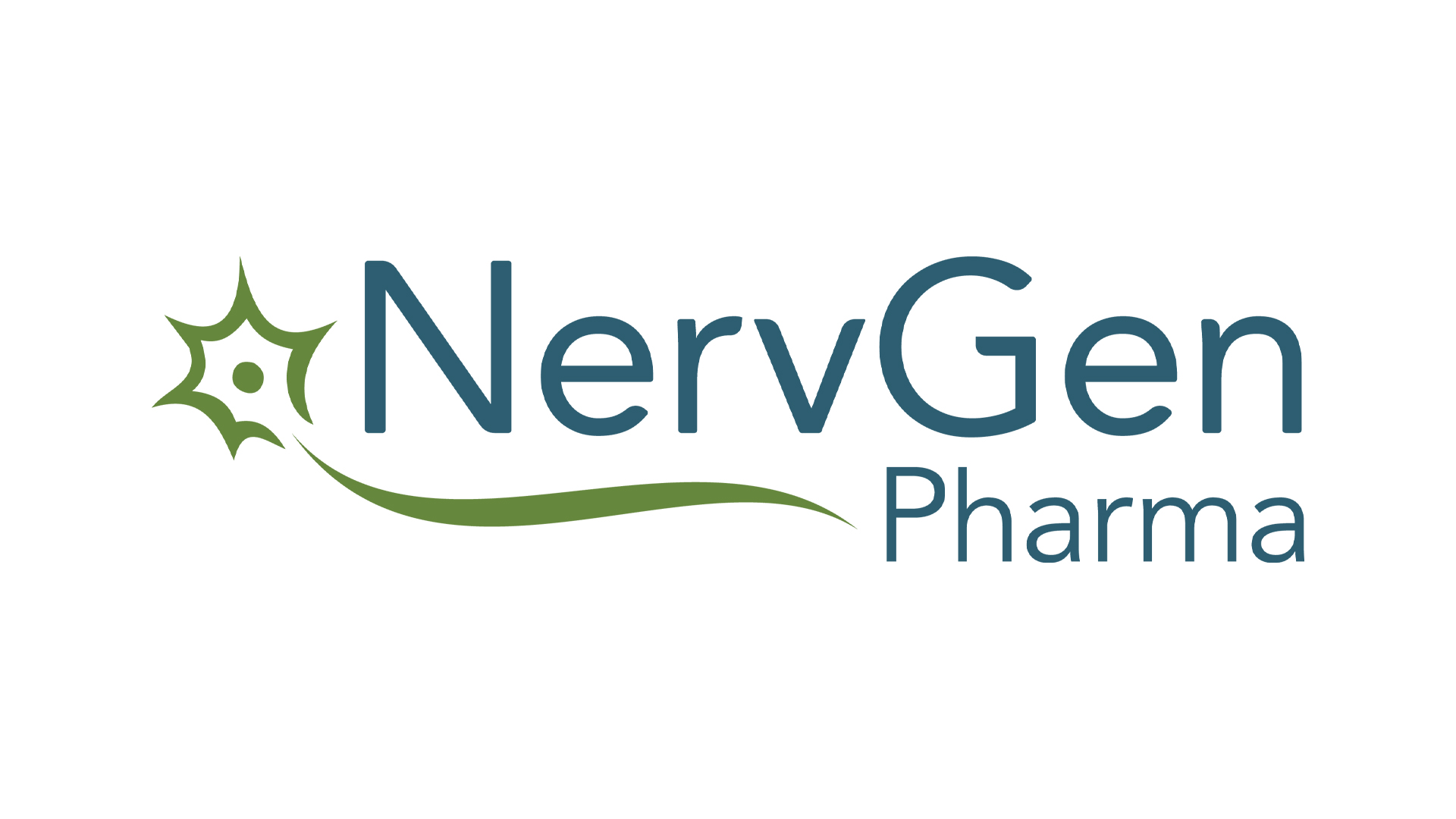
NervGen’s NVG-291 is a new drug with the potential to treat a range of neurodegenerative diseases, including Alzheimer’s and MS.
IT is the Holy Grail of modern medicine. Scientists have searched for decades for ways to remedy the devastating damage caused by neurodegenerative diseases. Accordingly, a largely untapped multi-billion dollar marketplace continues to remain up for grabs.
In defence of medical researchers, it has proven to be a daunting challenge. When there is a mass die-off of neurons in the body, the central nervous system will misfire like a faulty circuit board – one that cannot be fixed without having to replace the blown fuses. This major physiological malfunction can trigger the onset of society’s hardest-to-treat neurodegenerative diseases, including Alzheimer’s disease and multiple sclerosis (‘MS’).
These are terrible afflictions that affect millions of North Americans. They also cost the healthcare system billions of dollars each year, which is mostly spent on managing physically debilitating symptoms that inexorably get worse.
It is a stark reality that the pharmaceutical industry still has not found a way to repair injured nerves and allow patients to regain or improve key bodily functions.
To make matters worse, current treatments can only ‘modify’ (slow down or mitigate) the destructive effects on the human body caused by the mass death of neurons in the brain or spine.
NVG-291
With that all said, a small Canadian-headquartered biotech start-up has had a Eureka moment – one that has admittedly been over three decades in the making – which offers new hope to tens of millions of sufferers of neurodegenerative diseases. With Phase 1 clinical trials already underway, NervGen Pharma Corp. says it is on-track to becoming a big breakthrough story thanks to its blockbuster drug candidate, NVG-291.
NVG-291 is a peptide (a small protein) that works by targeting the a specific receptor ‘tyrosine phosphatase sigma’ (PTPσ), that blocks nerve repair following injury, whether a result of trauma or disease-specific mechanisms, such as in MS or Alzheimer’s disease.
What is especially disruptive here is that NervGen targets nerve cell repair while also promoting plasticity to create new neural pathways.
NVG-291 is the brainchild of Dr Jerry Silver, a renowned spinal cord injury and regenerative medicine researcher and Professor of Neurosciences at Case Western Reserve University in Cleveland, Ohio. His ground-breaking research has been over 30 years in development, having focused until recently on developing NVG-291 as a nerve-regenerating treatment for spinal cord injuries.
Silver is an advisor to NervGen. He is playing an integral role in studying how NVG-291 can address a diversity of conditions that are defined by a compromised central nervous system. This includes degenerative diseases, spinal cord damage, stroke and traumatic brain injury.
Having led a distinguished career, Silver is the recipient of the Ameritec Prize for significant accomplishments toward a cure for paralysis, as well as the Christopher Reeve-Joan Irvine Research Medal (The Reeve-Irvine Medal) for his research into spinal cord injuries.
A new blockbuster drug for Alzheimer’s Disease?
Several studies have demonstrated that NVG-291 shows considerable promise in the treatment of nerve damage. These studies have focused on peripheral nerve injury, MS, and spinal cord injuries. However, NervGen has also made the pivotal transition to conducting trials in humans already for several of these medical aliments. In particular, the company has stepped up its research into NVG-291’s promise in tackling Alzheimer’s disease.
To this point, the company recently entered into a research collaboration with Dr Ksenia Kastanenka of Massachusetts General Hospital to study NVG-291 in animal models of Alzheimer’s disease.
Kastanenka is an Assistant Investigator in Neurology at the Massachusetts General Research Institute and an Assistant Professor of Neurology at Harvard Medical School. She is a proven research expert in the field of neurodegeneration with special emphasis on Alzheimer’s disease.
As the original and largest teaching hospital for Harvard University, and one of the largest funded research hospitals in the United States, MGH has a long history of supporting cutting-edge research and innovation in medical research.
The company is also preparing to enter a Phase 1b clinical trials for Alzheimer’s patients in 2022 following ongoing Phase 1 safety trials for the drug candidate, which have gone well thus far.
These Phase 1b trials will be keenly followed by the healthcare industry. This is especially due to the fact that six million people in the U.S. live with Alzheimer’s, and that number continues to increase each year. In 2021, Alzheimer’s and other dementias will cost the nation up to $355 billion, according to some estimates. The Alzheimer’s Association itself predicts those costs will rise to $1.1 trillion by 2050.
Alzheimer’s disease is also ranked as the third leading cause of death of seniors in the U.S., surpassed only by heart disease and cancer.
According to NervGen’s President & CEO, Paul Brennan, “The medical and economic toll of this disease on patients and their caregivers is devastating. The multiple preclinical studies that we are conducting, as well as our planned Phase 1b study, are important development milestones for our Alzheimer’s programme, which, if successful, will provide a meaningful benefit to patients and significant market potential for NervGen.
“What differentiates NVG-291 from other drugs in development is that it leverages multiple mechanisms for repairing nerve damage, while most others focus on a single approach. Alzheimer’s disease is a complex condition and likely caused by multiple factors. We believe that a systems approach to treating the disease is an important distinction.”
A paradigm-changer for the ages
It is worth reiterating that NVG-291 shows considerable promise in unlocking a damaged nervous system’s natural ability to repair itself. A key takeaway here is that no drugs have ever before been approved anywhere in the world for nerve repair.
It also bears restating that pre clinical studies with animal models show that NVG-291 can improve motor function, sensory function and cognition – essentially the ability to walk, grasp objects, detect heat, and recall memories.
Not only has NVG-291 been found to regenerate damaged neurons, but it also creates entirely new connections, which is known as plasticity. Plus, it promotes ‘remyelination’, which involves repairing damage to myelin (the fatty tissue that envelopes and traps neurons). Myelin ordinarily helps enable signal conductance but this function is damaged in diseases like multiple sclerosis.
Brennan said, “All told, NVG-291’s ability to remyelinate and enhance plasticity is a one-two knockout punch for repairing a faulty central nervous system, which is the end result for a diversity of neurodegenerative diseases, as well as traumatic brain and spinal injuries. If commercialised, NVG-291 would herald a revolutionary new paradigm in treating all of these chronically debilitating conditions.”
As the company continues to make impressive strides towards the prospective launch of a game-changing new class of drugs for the ages, NervGen’s story is sure to offer renewed hope to many millions of people worldwide.
About the author
Marc Davis has a deep background in the capital markets spanning 30 years, having mostly worked as an analyst and stock market commentator. He is also a longstanding financial journalist. Over the years, his articles have appeared in dozens of digital publications worldwide. They include USA Today, CBS Money Watch, The Times (UK), Investors’ Business Daily, the Financial Post, Reuters, National Post, Google News, Barron’s, China Daily, Huffington Post, AOL, City A.M. (London), Bloomberg, WallStreetOnline.de (Germany), and The Independent (UK). He has also appeared in business interviews on the BBC, CBC, and SKY TV.
This article is from issue 19 of Health Europa Quarterly. Click here to get your free subscription today.









